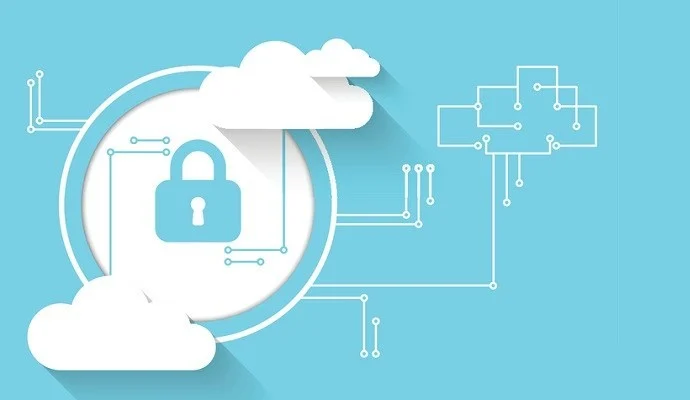Key Takeaways:
- RobustCloud services provide robust security features to safeguard your data.
- Data encryption ensures that your information is unreadable to unauthorized users.
- Cloud security requires regular backups and disaster recovery plans.
- Compliance with regulatory standards helps maintain trust and accountability.
- An extra degree of security is added with multi-factor authentication.
Introduction
Data security is a crucial concern for businesses and individuals in today’s digital age. With an increasing amount of sensitive information stored online, ensuring the safety of this data has never been more critical. Cloud services have emerged as a powerful solution to safeguard data, offering a range of security measures designed to protect valuable information. This article explores how cloud services keep your data safe and secure.
Data Encryption
One essential way cloud services protect your data is through encryption. Data is transformed into a code via encryption to stop unwanted access. Cloud service providers use advanced encryption techniques to ensure your data is unreadable to anyone without the appropriate decryption key. This means that even if hackers can access your data, they cannot decipher it. Encryption offers complete protection and is frequently used during data transmission and while the data is at rest.
Regular Backups and Disaster Recovery
An essential cloud security component is regular data backups and disaster recovery plans. Cloud services usually carry out automatic, frequent backups to keep your data current and easily restoreable in the event of data loss. These backups are vital for ensuring business continuity in the case of a cyberattack, hardware malfunction, or natural disaster. To minimize downtime and data loss, disaster recovery plans specify the steps that must be taken to restore data and resume regular operations promptly.
Compliance with Regulatory Standards
Cloud services adhere to various regulatory standards and compliance requirements to protect data. These standards, such as GDPR, HIPAA, and CCPA, set strict guidelines for handling, storing, and protecting data. By adhering to these regulations, cloud service providers show their dedication to data security and reassure clients that their data is handled responsibly. Regular audits and assessments help maintain compliance and identify areas for improvement.
Multi-Factor Authentication
Multi-factor authentication (MFA) is another critical security measure employed by cloud services. For MFA to work, users must supply two or more verification factors to access their accounts. Usually, this involves something the user has (like a smartphone with an authentication app) and something the user knows (like a password). Even if an unauthorized user manages to get the user’s password, MFA makes it much more difficult for them to access by adding a layer of security.
Network Security and Firewall Protection
Cloud services also employ robust network security mechanisms like intrusion detection systems and firewalls to safeguard data from outside threats. To prevent unauthorized access, firewalls monitor and filter all incoming and outgoing traffic. They serve as barriers between your network and potential attackers. Intrusion detection systems are designed to automatically respond to possible security incidents and continuously monitor the network for suspicious activities. This ensures that threats are quickly identified and neutralized before they can cause harm.
Access Control and User Permissions
Controlling who has access to your data is fundamental to cloud security. You can restrict who can view and alter sensitive data by setting user permissions and access controls with cloud services. Using role-based access control, or RBAC, you can assign various access levels to users according to their organizational roles. Limiting access to those who require it to perform their jobs reduces the possibility of unintentional or malicious data breaches.
Conclusion
In summary, a wide range of security measures are available with cloud services to safeguard your data against various threats. A secure environment for your information is created by a combination of measures, including multi-factor authentication, encryption, frequent backups, and network security. You may feel safe knowing that your data is shielded from loss, theft, and unauthorized access by taking advantage of the robust security features provided by cloud services. The safety and security of our digital lives will depend increasingly on cloud services as technology develops.

